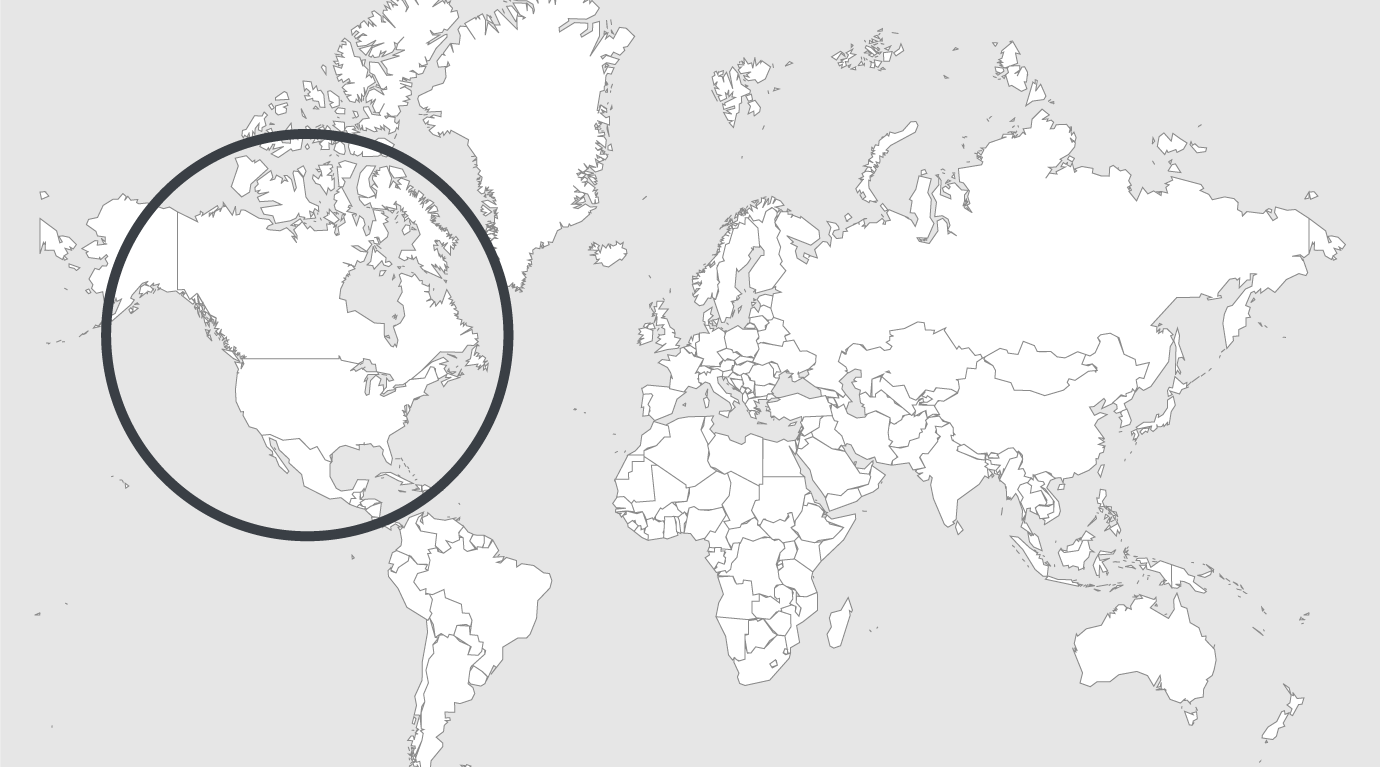
Explore
USA: prison book bans called ‘arbitrary and irrational’
A report from PEN America says some restrictions targeted books by authors including Barack Obama, John Updike and Joyce Carol Oates.
A prison in Ohio blocked an inmate from receiving a biology textbook over concerns that it contained nudity. In Colorado, prison officials rejected Barack Obama’s memoirs because they were “potentially detrimental to national security.” And a prison in New York tried to ban a book of maps of the moon, saying it could “present risks of escape.”
These examples, which occurred over several years, highlight the “arbitrary” restrictions placed on books in prisons nationwide, according to a report released Tuesday by PEN America, a nonprofit that advocates freedom of expression.
Federal and state officials who set the book policies have said restrictions, which vary from prison to prison, can help prevent inmates from getting information that leads to escapes or to fights. They said the restrictions also keep out weapons and contraband that could be smuggled in with the books.
But the report said that excessive restrictions were frequently put into place with little regulatory oversight or public scrutiny. Sign Up for the Morning Briefing
Get what you need to know to start your day, delivered to your inbox.
“The system of restrictions on book access in our prisons is the largest book ban in the United States,” said James Tager, PEN America’s deputy director of free expression policy and research and author of the report.
The nonprofit estimates that 2.2 million people are incarcerated in the United States.
It is not possible to tally the total number of books banned because many restrictions are set in secret. But news reports have found that banned book lists totaled 20,000 in Florida, 10,000 in Texas and 7,000 in Kansas, according to the report.
The report was released during Banned Books Week, an awareness campaign sponsored by the American Library Association, National Coalition Against Censorship and other groups.
It outlines several different types of book restrictions.
In one type, prison officials look at the specific content of a book, ruling some out if they contain, for example, sexual content, descriptions of criminal behavior or language that might help or prompt people to try to escape from prison.
In Texas, those types of restrictions have ruled out books by the authors Alice Walker, John Updike, Pablo Neruda, Joyce Carol Oates and Bob Dole. In Arizona, a book on sketching and a physics textbook were banned, the report said. Editors’ Picks This Is the Moment Rachel Maddow Has Been Waiting For Cooking, Tasting, Talking In the Salary Race, Engineers Sprint but English Majors Endure
Mr. Tager said he had grown increasingly concerned over restrictions on books about civil rights or prison conditions — issues that people in prison might confront daily. Among the examples in the report is a move by the Arizona Department of Corrections to ban the book “Chokehold: Policing Black Men,” which is about the subjugation of black men in the American criminal justice system.
The Arizona Department of Corrections previously said in March that “Chokehold” was unauthorized because of concerns it might be “detrimental to the safe, secure and orderly operation of the facility.”
The department reversed itself in June after the American Civil Liberties Union threatened a First Amendment lawsuit, The Arizona Republic reported.
Another type of restriction targets broad categories of books, regardless of their content.
The report cites an example in New York where, in 2017, the State Department of Corrections and Community Supervision started a pilot program that limited the books that people in prison could receive to those offered by five preapproved vendors.
Books Through Bars, a nonprofit, said that would have limited the books available to “five romance novels, 14 bibles and other religious texts, 24 drawing or coloring books, 21 puzzle books, 11 guitar, chess, and how-to books, one dictionary, and one thesaurus,” according to the PEN report.
Gov. Andrew M. Cuomo suspended that program in 2018. The department said in a statement Thursday that it did not ban books, and that the program to limit the vendors was designed to stem the flow of drugs and other contraband into prisons.
The department said it was currently working to deliver tablets to inmates statewide by mid-October, which would give them access to some e-books, free music and videos.
Read full article
